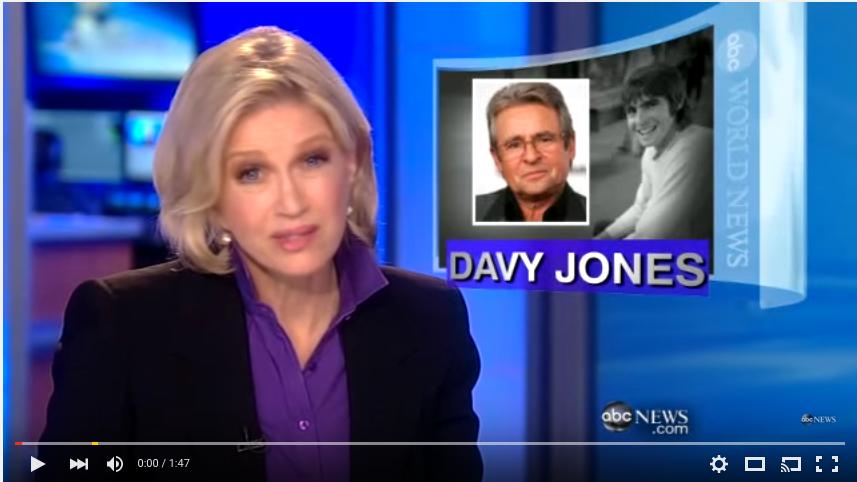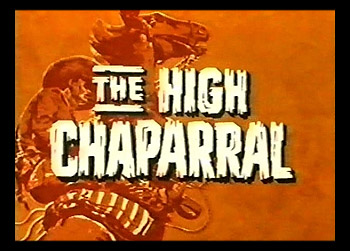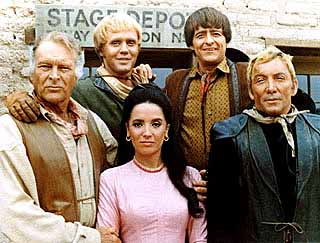Dr. Rosanne Welch presents “How Doctor Who Redefined Masculinity: A Study of the Doctors and their Male Companions“ at the Cal Poly Pomona University Library. Dr. Welch teaches in the IGE (Interdisciplinary General Education) program.
Watch the entire presentation here
Transcript:
So Rory is a reflection of modern day fathers and what women are looking for ina modern man, if they’re going to spend the rest of their life. You want somebody else who’s going to help you clean the toilet. Right? When you get married, it’s not just you cooking dinner every night. It’s a shared job. It didn’t use to be. I had a friend who would go to work, her husband got home an hour before she did. He would sit on the couch and wait for her to get home and start making dinner, ’cause dinner was her job. Yeah, yeah. So things have switched around and the show is reflective of that. I think that’s really beautiful. And, of course, we know who the baby grew up to be. River Song! Who allows us a family of “Ponds”, even though they were stripped of the chance to raise her. We now have a Pond family as part of The Doctor’s story and again Rory overlooking all of that. He had to deal with his feelings of losing his chance to raise his child. That was something that harmed him, more than all the danger. How many times did Rory die. Really now. All those deaths didn’t bother him nearly as much as being denied the chance to raise his own child. So, I think that defines him much more deeply as a family man above all other things.
A clip from this 5th talk on various aspects of Doctor Who presented by Dr. Welch. You can find Dr. Welch’s other Doctor Who talks using the links below.
- Feminism in the Whoniverse
- Doctor Who and Culture
- Doctor Who Regenerated
- “How the Growing Popularity of the English Who-niverse Effected American TV” with Dr. Rosanne Welch
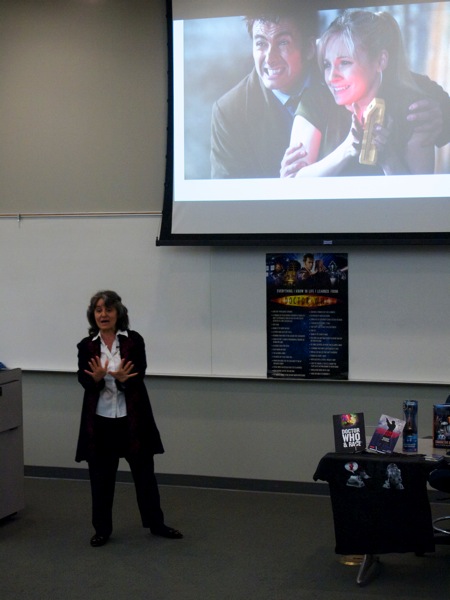
Follow Dr. Rosanne Welch on the Web and via social media at:
- Dr. Rosanne Welch Web Site and Blog
- Subcribe to Dr. Rosanne Welch on YouTube
- Follow Dr. Rosanne Welch on Twitter
- Dr. Rosanne Welch on Pinterest
- Dr. Rosanne Welch on Tumblr
Podcast: Play in new window | Download
Subscribe: RSS
![Rory Williams – Family Man Part 3 from How Doctor Who Redefined Masculinity [Video Clip] (1:14)](https://rosannewelch.com/wp-content/uploads/2016/03/dw-masculinity-17-rory-williams-family-man-3-anim-480x198.gif)
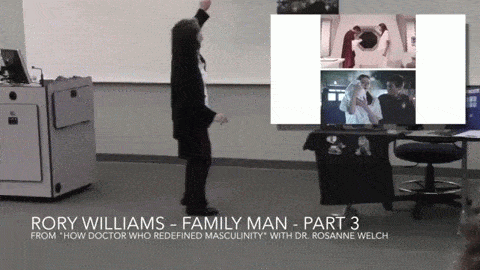
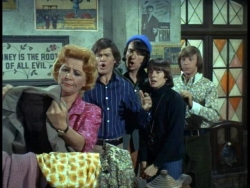
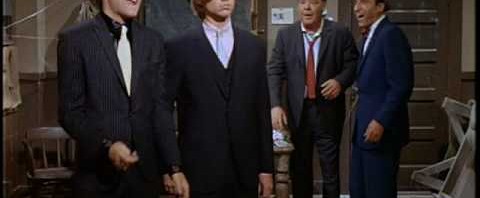

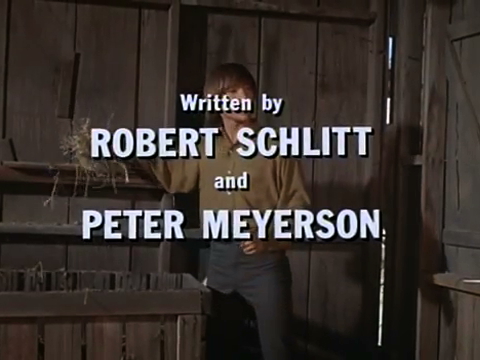


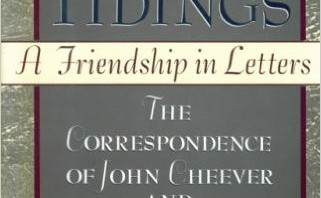

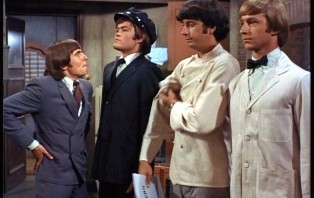
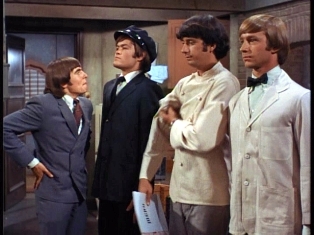
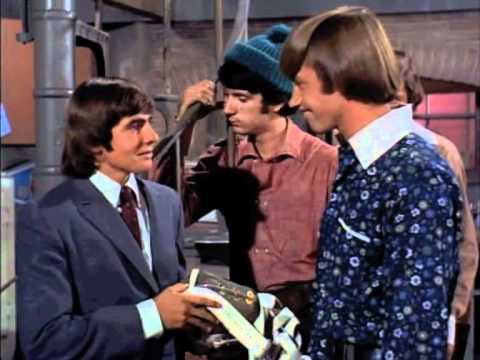
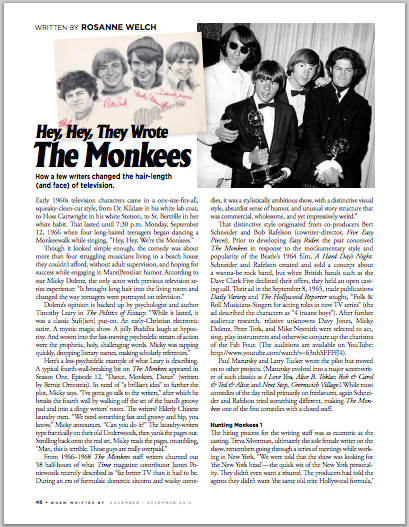
![Rory Williams – Family Man Part 2 from How Doctor Who Redefined Masculinity [Video Clip] (1:08)](https://rosannewelch.com/wp-content/uploads/2016/03/dw-masculinity-16-rory-williams-family-man-2-anim-480x198.gif)
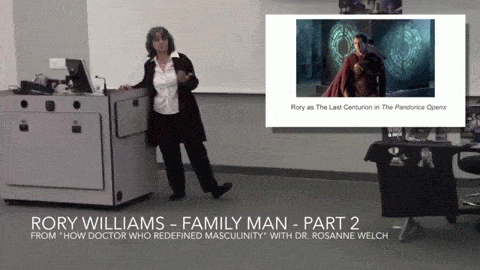
![Diane Sawyer’s Obituary to Davy Jones 2012 [Video]](https://rosannewelch.com/wp-content/uploads/2016/02/davey-jones-abc-857x198.png)
